Rugby union is undervalued — and investors smell blood
Rugby union has become a global force, so why is no one making any money from it? One man says he can change all that and even make rugby “cool”.
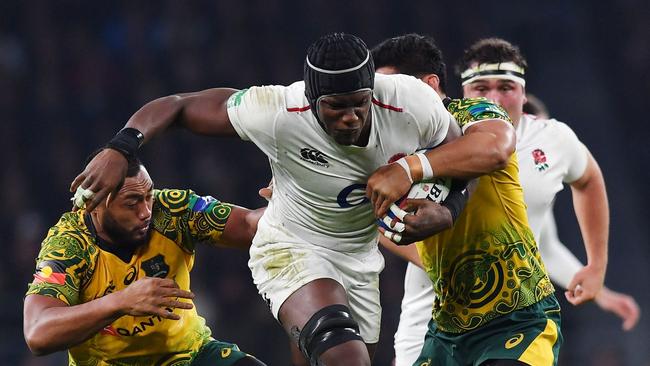
On November 2, 2019 in the Yokohama Stadium, Japan, Marco Masotti sat in awe at the Rugby World Cup final that was unfolding before him, with two competing thoughts occupying his mind. One was how much he loved the South Africa team. Masotti is a New York lawyer working in private equity, but he was born and raised in Durban. Rugby union, he says, is one of the ways he keeps in touch “culturally” with his roots.
The other thought was: if rugby has got so damned big and so magnificent, why is no one making any money from it?
Masotti is one of the chief deal-makers in private equity; he has put many investors into American sport. Increasingly, these investors were upscaling from superwealthy individuals to institutions and private equity.
Private Equity International, the industry publication, recently ran a feature entitled: “How private equity fell in love with live sports”. In Yokohama, Masotti wondered: why wouldn’t it fall in love with rugby?
Here is one answer: rugby union isn’t half as attractive an investment as it could be. And here is another: actually, private equity is starting to bat its eyelids at the game.
The most significant example here is CVC Capital Partners, which bought into the UK’s Premiership, Europe’s Pro14 and has completed its biggest deal of all, which is likely to be confirmed next week, by buying a stake in the Six Nations.
Others, though, have followed this lead. Silver Lake, another private equity firm, is in the final stages of a deal with New Zealand Rugby. Saracens are in negotiations with a group of individuals from MSD Capital. CVC has emerged as the strong frontrunner to complete a deal with the South African Rugby Union. Fortescue Metals Group’s Andrew Forrest bought the previously abandoned Western Force and started his own competition, Global Rapid Rugby.
River Media, a new independent media rights agency, is advising two separate private equity firms on buying into the sport. And there are pitch books doing the rounds from French clubs seeking investors too.
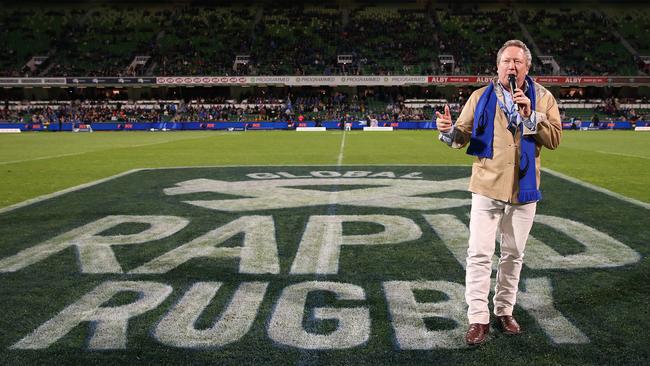
Earlier this month came the news from the Sharks in Durban that a majority shareholding had been bought by a new fund, MVM Holdings. The MVM in question is Marco V Masotti. This wasn’t a purchase solely out of love.
Indeed, before the Sharks became an idea, Masotti had begun talks about buying into the Stormers of Cape Town. And the group buying into the Sharks came with serious sports co-investors: Marc Lasry, owner of the Milwaukee Bucks (NBA) and Doug Cifu, owner of the Florida Panthers (NHL).
Were they all just bonkers? Had they not done their homework? Not only MVM Holdings but all of them. Everything that we know about rugby club ownership, be it in England, France, South Africa or wherever, tells us that you only lose money.
Rugby owners tend to be wealthy men who have bought in through a love of their sport, their city or, more often, both. They have elected to finance their passion. Yet here, on the horizon, is a new breed: faceless giant investor firms that come with acronymic names and an eye less on the score than the profit margins. What is it that they see?
The short answer, from Masotti, is this: “Rugby hasn’t been managed in the best way” and “a more global vision will be helpful” to a sport “organised in an ad hoc manner” with some “cultural issues”. All true.
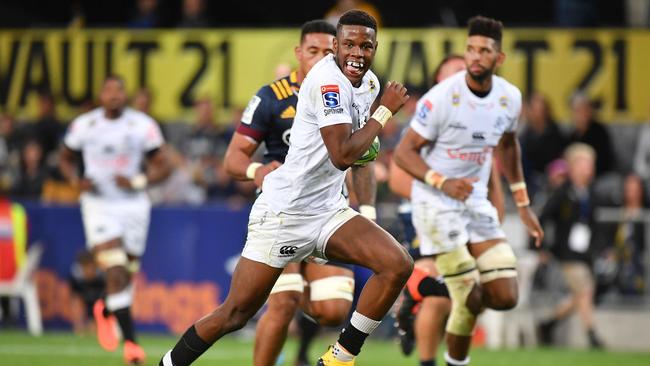
The cultural issues are interesting. Masotti has observed the rise of the Ultimate Fighting Championship (UFC) and the marketing of its athletes and then looks at rugby players who are so indoctrinated in team ethic that they are averse to any kind of superstar profiling. Masotti talks of “exciting a younger demographic” and “making rugby cool”. A clue here is that one of his co-investors in the Sharks is Roc Nation, the celebrity management agency, co-owned by the musician Jay-Z, that the England lock Maro Itoje joined recently.
Masotti sees gains here. He also sees clear gains in the potential of a global calendar and better competitions; maybe none of these new investors would have had faith in all this happening if CVC hadn’t plunged in first. What is clear is that all investors now see a sport, valued at a cataclysmic low because of the pandemic, that is welcoming new money with open arms.
Masotti also sees a clear win in South Africa. He has bought a team that are about to start playing in the Pro14 (though it will then be the Pro16) before, it is hoped, joining the Heineken Champions Cup.
“I am buying into a relationship with Europe,” he says — which does not augur well for New Zealand or Australia. “All the action is likely to be in Europe. In 10 years’ time, all the top players will be playing in the European leagues and the Heineken Cup will be the top club competition on the planet.”
Exciting? Maybe. However, this is not exactly an armada of new money on the horizon. It is still only a trickle. Private equity is sniffing at rugby, not rushing in wholeheartedly. In the past two years, a handful of private equity funds have been launched with a specialism in investing in a portfolio of sports teams and leagues — and none of them has bought into rugby. There are still a number of Premiership clubs up for sale with no potential investors yet tempted. Leicester Tigers advertised that they were looking for investment last year and then gave up. So this is not the end of a problem.
Plenty would argue the opposite, that actually it is the start of one, that the only reason private equity wants in is because of what it can take out.
Masotti is different. He is both a private equity fund manager and a man who bought in for the passion. Yet all funds would have a slightly different angle of approach and, indeed, a different plan and timing for their exit strategy.
Not all deals are blanket good or blanket bad. With every one, though, rugby has to take extreme care.
The good news is that a lot of the smartest investors in the world happen to agree, right now, that there is money to be made from rugby. It is the umpteenth message to the sport that if only it could be better organised, it could make it for itself.
THE TIMES


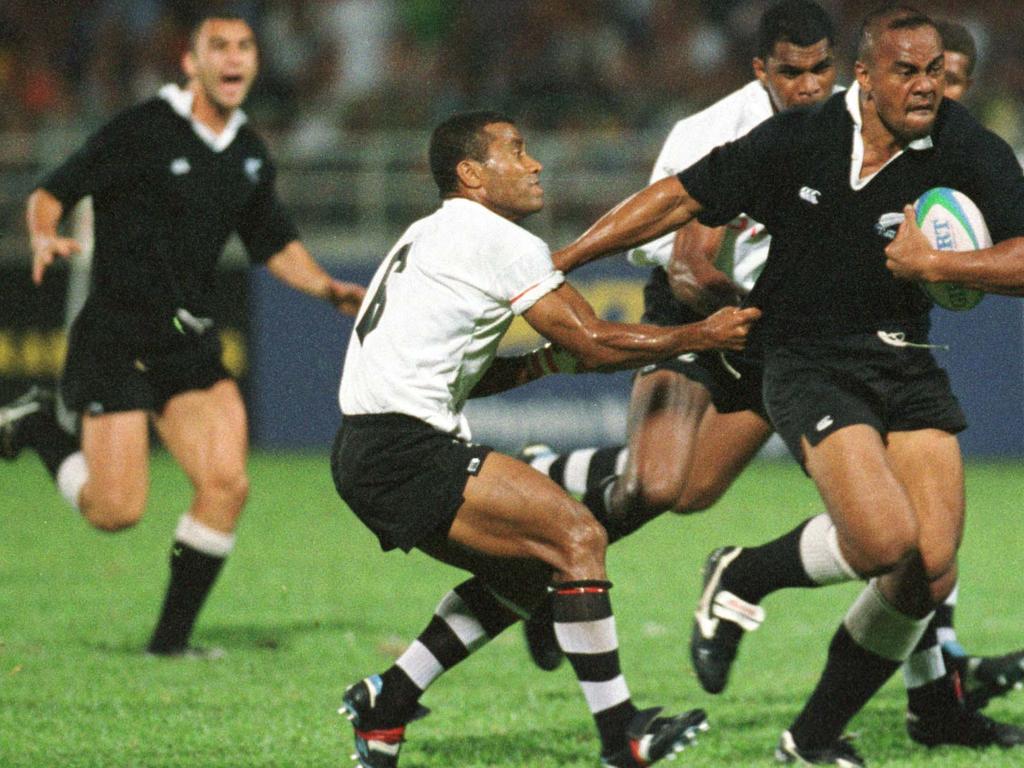
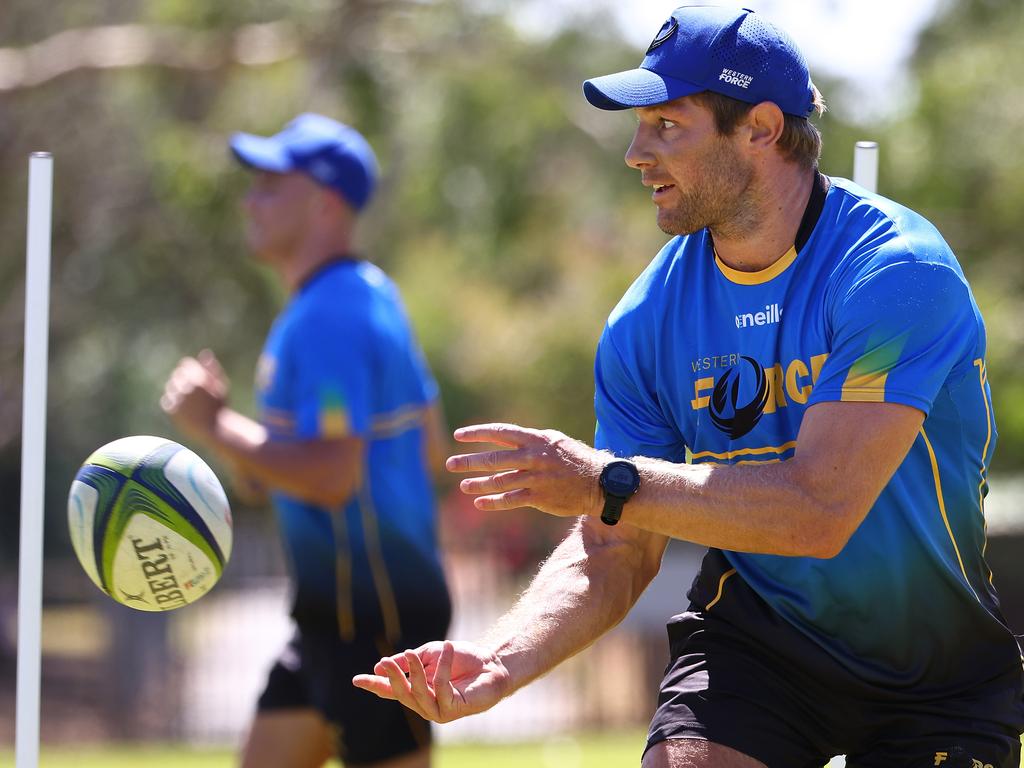



To join the conversation, please log in. Don't have an account? Register
Join the conversation, you are commenting as Logout